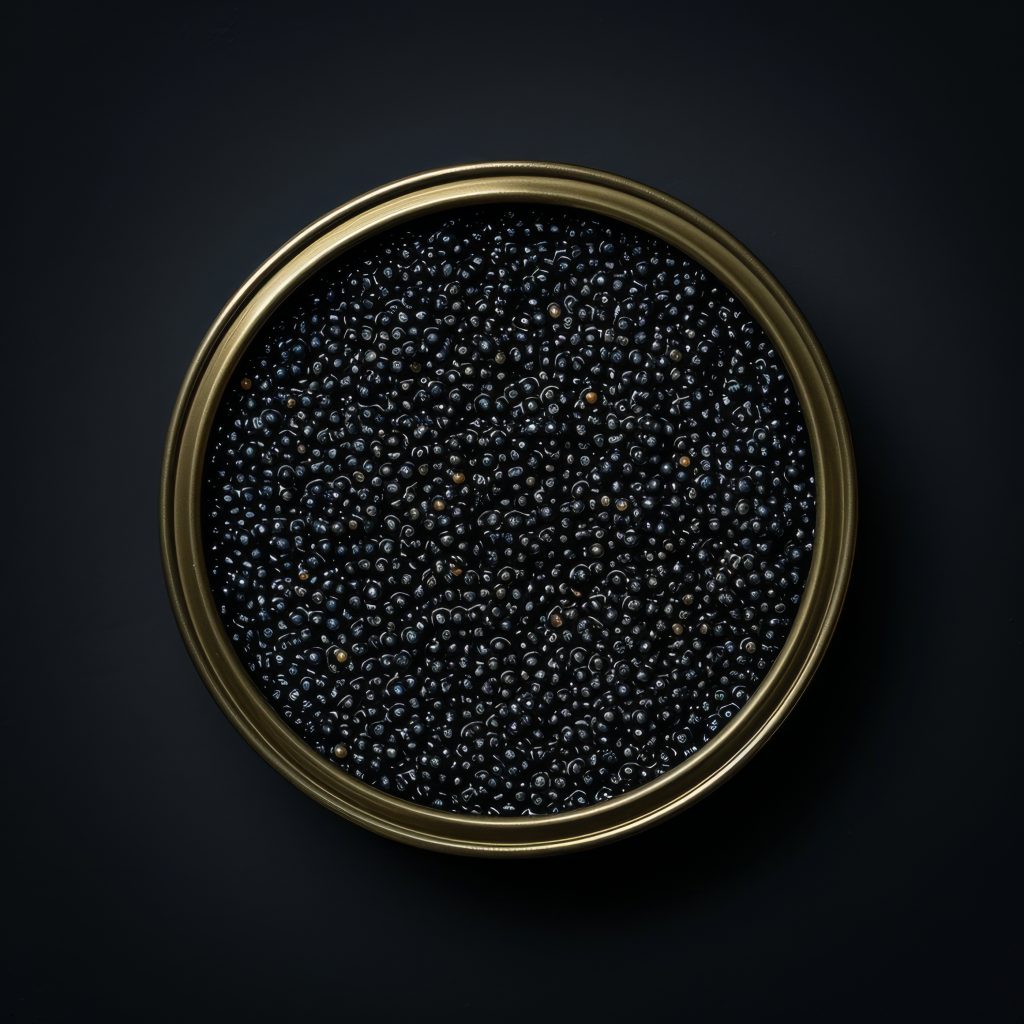UPDATE: Did You Know You Can Now Buy Imported Caviar
I wrote an article a while ago about the ban on imported caviar, but my current research says you can now buy imported caviar. Let’s look a little more closely.
All About Caviar
I wrote an article about caviar that describes the difference between the three most popular imported caviars from the Caspian Sea. It looks at Beluga, Osetra, and Sevruga caviar as well as how to buy caviar, what it’s going to cost, how to store it, what to serve with it, and where to buy it online.
Suppose you are considering experiencing any of these expensive caviars. In that case, I highly recommend you read the article, do your own research, and buy it from a reputable store that knows what they are doing and is willing to educate you.
Import Ban on Beluga Caviar
As of January 2022, the importation of caviar into the United States is regulated by several laws and regulations, primarily enforced by the U.S. Fish and Wildlife Service (USFWS) and the Food and Drug Administration (FDA). These regulations primarily focus on protecting endangered species and ensuring food safety. Here are some key points:
- Endangered Species Act (ESA): Caviar primarily comes from sturgeon, which are often listed as endangered or threatened species under the ESA. Importation of caviar from endangered sturgeon species is highly regulated, and permits are often required.
- Convention on International Trade in Endangered Species of Wild Fauna and Flora (CITES): Many sturgeon species are listed in CITES Appendix II, which means that trade in these species is regulated to ensure they are not threatened with extinction. Importing caviar from these species requires proper CITES documentation.
- Food and Drug Administration (FDA) Regulations: The FDA regulates importing food products, including caviar, to ensure they meet food safety standards. This includes monitoring for contaminants and proper labeling.
- Customs and Border Protection (CBP): CBP enforces importation regulations at ports of entry and may inspect shipments of caviar to ensure compliance with relevant laws and regulations.
It’s essential to check the most current regulations from the USFWS, FDA, and other relevant agencies if you plan to import caviar into the United States, as regulations may change over time. Additionally, specific requirements may vary depending on the species of sturgeon from which the caviar is sourced and the country of origin.
So What Does This Mean?
You can buy imported caviar in the USA today, but it must comply with all relevant laws and regulations. This means that the caviar must be sourced from legally harvested and imported sturgeon species and meet the requirements set forth by the U.S. Fish and Wildlife Service (USFWS), the Food and Drug Administration (FDA), and other relevant authorities.
Imported caviar that meets these regulations is available for purchase from various retailers, including specialty food stores, gourmet markets, and online vendors. When purchasing imported caviar, it’s essential to ensure that it comes from reputable sources that adhere to all applicable laws and regulations to support sustainable and legal trade practices.
Where Can You Buy It?
- Specialty Food Stores: Many upscale grocery stores or specialty food stores carry imported caviar. These stores often focus on providing high-quality gourmet products and may have a selection of imported caviar from various regions.
- Gourmet Markets: Gourmet markets or delicatessens often offer a wide range of imported foods, including caviar. These markets may source their caviar from reputable suppliers and provide options for different types and grades of caviar.
- Online Retailers: Several online retailers specialize in gourmet foods, including imported caviar. Websites such as Caviar Star, Marky’s Caviar, and Petrossian offer various caviar options from around the world. When purchasing caviar online, ensure that the retailer is reputable and follows proper shipping and handling procedures to maintain the quality of the product.
- Fishmongers: Some fish markets or fishmongers may also carry imported caviar, particularly those specializing in high-quality seafood products. These establishments may offer a selection of caviar sourced from sustainable and reputable suppliers.
- Direct from Producers: Some caviar producers and farms sell their products directly to consumers. This option lets you purchase caviar directly from the source, often ensuring freshness and authenticity. However, finding producers who ship to your location may require more research.
Before making a purchase, it’s essential to research the seller’s reputation, verify the quality and authenticity of the caviar, and ensure that it complies with all relevant laws and regulations regarding importation and sustainability.
Click on the photo above to learn more about The Caviar Company, a good source for caviar.
What Stores Sell It?
If you search on Google, “Where can I buy imported caviar?”, you’ll find plenty of places you can buy, including online. Here are a few I found:
- The Caviar Company: Specializes in caviar and offers monthly memberships. Great gift idea!
- Eataly: Eataly is an Italian marketplace with locations in various cities across the USA, such as New York City, Chicago, and Los Angeles. They offer a diverse selection of imported foods, including caviar.
- Zabar’s: Located in New York City, Zabar’s is a renowned gourmet market known for its extensive selection of specialty foods and imported goods, including caviar.
- Murray’s Cheese: While primarily known for its selection of cheeses, Murray’s Cheese, with locations in New York City and other cities, also offers a variety of gourmet products, including caviar.
- Whole Foods Market: While not exclusively a gourmet market, Whole Foods Market often carries a selection of specialty and imported foods, including caviar, in their specialty cheese and seafood departments.
- Balducci’s: Balducci’s is a specialty food retailer primarily located in the Northeastern United States. They offer a range of gourmet products, including imported caviar.
- Central Market: Central Market, located in Texas, is known for its wide selection of gourmet foods, including imported caviar.
- Marky’s: Upon its opening in 1983, Marky’s Gourmet set out with a goal to fill the gap in South Florida’s gourmet food market. While initially focused on importing caviar, smoked salmon, and other European specialties, they realized that other communities also longed for the delicacies found in their respective countries.
These are just a few examples, and other local gourmet markets in your area may also offer imported caviar. It’s always a good idea to call ahead or check their websites to confirm availability before making a trip.
The Only American Beluga Farm
Fascinating video:









One Response
I called one of the top Caviar distributors in Florida and asked them about Beluga caviar and why they can sell it in Florida. It turns out that they can sell any Beluga caviar from the Caspian Sea that was already purchased before the ban date of September 30, 2005. The only stipulation is they can only sell it Interstate.
When asked about shelf life, it was explained to me that the 6 to 8 week maximum shelf life starts when the caviar is transferred from the larger imported 4-pound tins and repackaged into the smaller tins and jars.
When asked about the shelf life of the larger 4-pound tins, I was told they have an ideal shelf life of up to 3 years. Not that they go bad after three years, but after that the quality diminishes. They also explained it is critical they store them in temperatures just above freezing and they rotate the tins often.